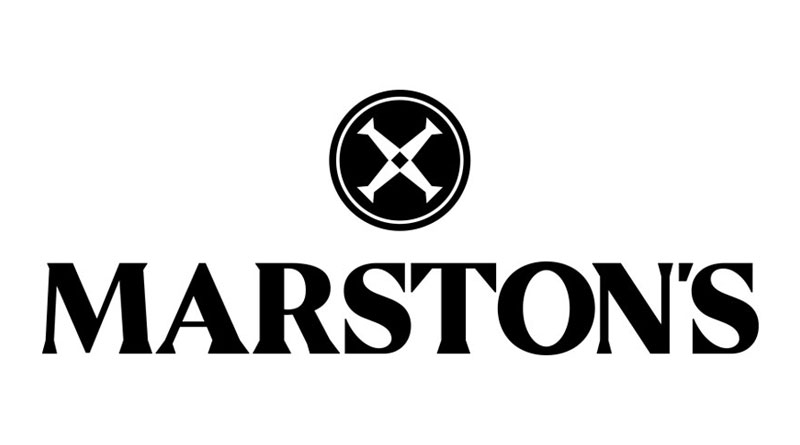Marston’s Plc To Dispose Of 40% Stake In Brewing To Become A Focused Pub Business

Marston’s PLC has announced the sale of its remaining non-core brewing assets to
create a business entirely focused on pubs, with a binding agreement to sell the whole of its 40% interest in Carlsberg Marston’s Limited (“CMBC”) to a subsidiary of Carlsberg A/S (“Carlsberg”) (the “Transaction”) for £206 million in cash.
The firm, which has brewed beer in Wolverhampton since 1875, announced on Monday that it sold its stake in Carlsberg Marston’s Limited (CMBC), a joint venture valued at £780m, to Carlsberg.
Chief executive officer of Marston’s Justin Platt said the sale to the Danish brewing company “significantly reduced” Marston’s debt.
The group will now focus on running about 1,370 pubs, which it operates across England, Scotland, and Wales.
Marston’s and Carlsberg announced a merger in May 2020 to form CMBC, in a move which involved Marston’s six breweries and distribution depots, but not its pubs.
However, Marston’s said it would continue its “strong partnership” with CMBC through the long-term brand distribution agreement which remains in place.
The Campaign for Real Ale has said it is fearful about the future of UK beers, brands and breweries following the announcement that Marston’s is selling all its remaining ‘non-core’ brewing assets to a subsidiary of Carlsberg, to focus on running pubs.
The sale comes after Carlsberg Marston’s Brewing Company introduced its ‘Fresh Ale’ concept earlier this year. ‘Fresh Ales’ are kegged versions of cask beers, served through traditional handpumps at the bar reserved for cask conditioned beer.
CAMRA slammed the move as misleading to consumers and damaging to traditional cask ale, while also reporting the brewing giant to Trading Standards.
Commenting on Marston’s selling the remainder of its brewing operations, CAMRA Chairman Nik Antona said:
“This is a worrying development for Britain’s brewing heritage with Marston’s remaining brewing assets being transferred to a global brewing business which has already presided over the closure of historic breweries like Jennings in Cumbria and Charles Wells Eagle in Bedford, stopped selling cask ale in Scotland and has introduced an extremely damaging ‘fresh ale’ concept which is misleading to pubgoers and threatens the future of British cask conditioned ale.
“CAMRA fears that this announcement could lead to a further erosion of the UK’s rich brewing history for the benefit of conglomerate global brewers – and particularly the commitment to brewing cask. The consolidation of the brewing industry into just a few large, international players erodes our brewing heritage, consumer choice, the diversity of beer in pubs across the country and the access to market for small, independent producers.
“Having Marston’s pubs continuing to be subject to an anti-competitive supply tie by Carlsberg Marston’s Brewing Company is also a cause for concern, limiting choice for customers of great locally produced beer and cider from independent producers nationwide.
“Marston’s and CMBC bosses must commit to the future of brewing cask, improving consumer choice at the bar, protecting Britain’s brewing heritage and scrapping their damaging fresh ale concept once and for all.”
